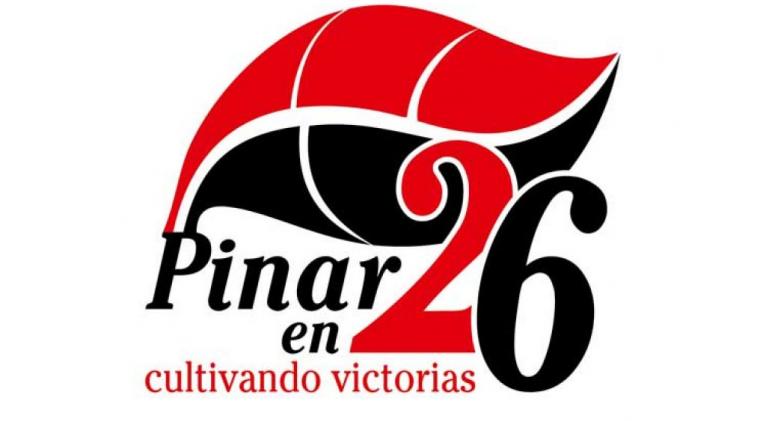26th July in Cuba, History of Rebelliousness and Patriotism
especiales

This 26th July, Cuba marks one of the landmarks of its history, the Day of National Rebelliousness: the assault on Santiago de Cuba's Moncada Barracks and Carlos Manuel de Cespedes in Bayamo, Granma province.
These heroic deeds 64 years ago, had as main objective to fight the evils of the dictatorship implanted by Fulgencio Batista in the island by a coup-d'etat of March 10, 1952, and is considered the threshold of the struggle that led to the definitive victory of the Cuban Revolution in January, 1959.
On that day of 1953, a group of young revolutionaries led by then young lawyer Fidel Castro, proposed to promote an insurrectional climate in the country that revived the ideals of independence of the Cuban people.
Some six months earlier, the participants of these actions started to train in shooting, managed to get army uniforms with which they would disguise for the action.
In June, the Siboney small farm near Santiago de Cuba, an old hosting house in Bayamo and two houses in the city, served as refuge to the future raiders that by that date had already shotguns calibers 12 and 16, rifles 22, pistols, a machinegun and 10 thousand bullets.
The eve previous to the action, Fidel Castro organized the men into three groups: the first led by himself, would attack the garrison, the second led by Raul Castro, woulsd occupy the Palace of Justice and the third, under the command of Abel Santamaria, would occupy the Saturnino Lora Hospital.
The groups that had to take these two facilities complied with their tasks and awaited the signal from the main group, led by Fidel Castro who would enter the garrison. But
having lost the surprise element, it had the opposite effect, because the garrison guard had been reinforced precisely due to the carnival festivities.
In the light of the disfavorable situation for the revolutionaries, Fidel Castro orders to withdraw. Although it was surely a defeat in the military order, it became a moral success because it marked the way to the later guerrilla warfare that ended with the triumph of the Revolution.
As Commander in Chief, Fidel Castro, once said the 26th of July actions opened 'a new way for the people, marking the start of a new fighting conception, that soon after destroyed the military dictatorship and created the conditions for the later revolutionary victory'.
It is doubtlessly a form to perpetuate the road chosen by the people and its leaders since January, 1959 and reaffirming the patriotic ideals of those that from the beginning of the struggles for independence in the 19th century, sacrificed their lives to give Cuba complete sovereignty.













Add new comment